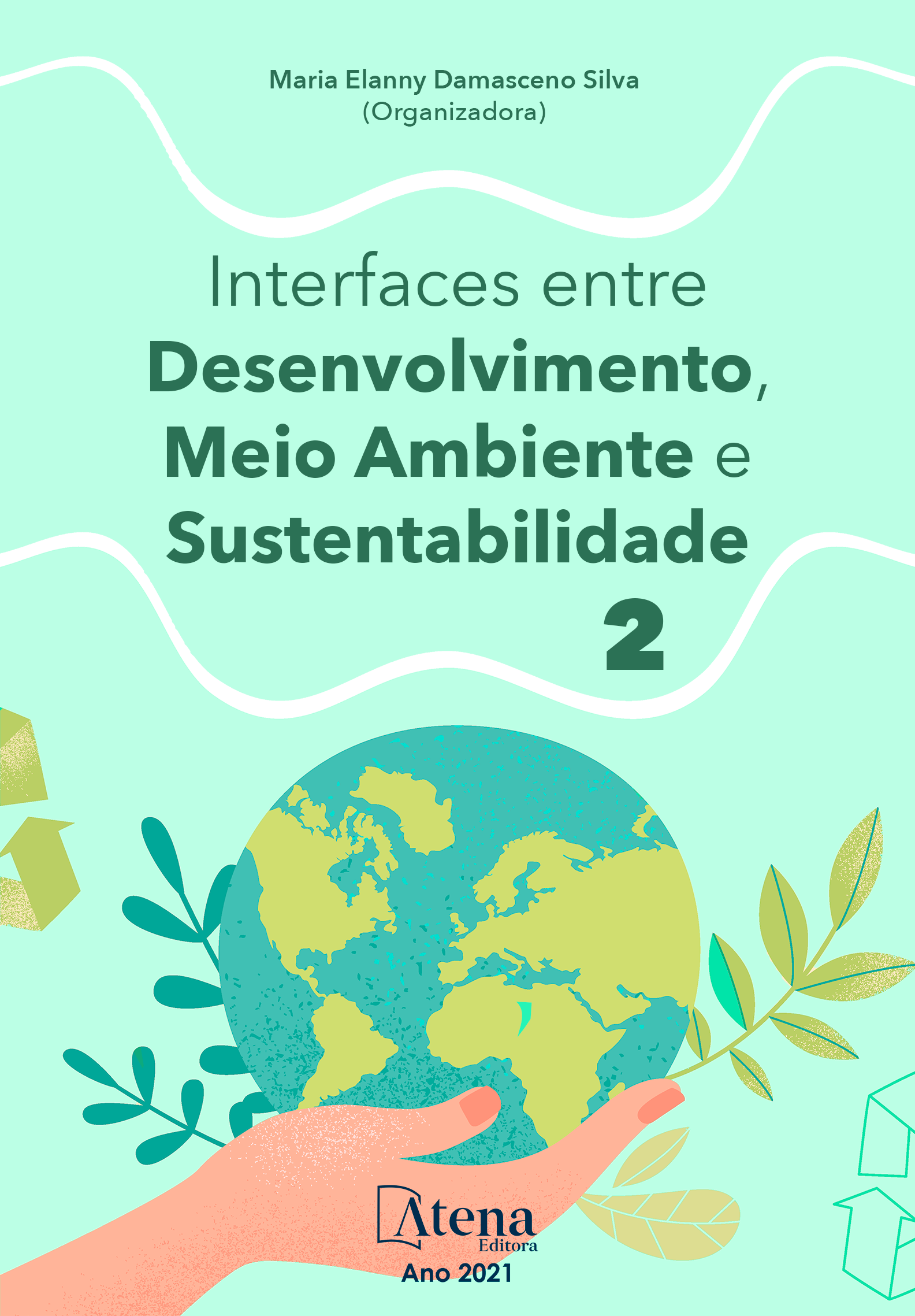
CARACTERIZAÇÃO DAS ÁGUAS DE LAVAGEM DOS FILTROS DE UMA ESTAÇÃO DE TRATAMENTO DE ÁGUA: ESTUDO DE CASO NA ETA GAVIÃO/CE.
A água é um recurso escasso na região Nordeste do Brasil. Com isso, a busca por tecnologias que evitem o desperdício é uma necessidade. A Estação de Tratamento de Água (ETA) do Gavião, localizada em Pacatuba-CE, é responsável pelo abastecimento dos municípios de Fortaleza, Eusébio e Maracanaú. A ETA possui um sistema de reaproveitamento de água de lavagem dos filtros responsável por mais de 600.000 metros cúbicos por mês retornado ao sistema de tratamento e com uma perda de 450.000 metros cúbicos por mês. O presente trabalho buscou, através de um estudo de caso, demonstrar os procedimentos operacionais dos filtros descendentes da ETA do Gavião-CE. Por meio da coleta de dados fornecidos pela Companhia de Água e Esgoto do Ceará (CAGECE), no período de 1 ano, foram realizadas análises quantitativas e qualitativas. Nas análises quantitativas, foi possível analisar como esse volume, anteriormente perdido por não possuir um sistema de retorno, influencia no abastecimento de outros municípios na sua quase totalidade. Já nas análises qualitativas, verificou-se que a qualidade da água de lavagem é melhor que a água bruta, pois a água de lavagem é a água tratada captada em uma estação elevatória e direcionada aos filtros em fluxo inverso ao fluxo de filtração. Por fim, foram verificados se os valores da análise de qualidade estavam em conformidade com a Portaria de Consolidação nº 5 do Ministério da Saúde.
CARACTERIZAÇÃO DAS ÁGUAS DE LAVAGEM DOS FILTROS DE UMA ESTAÇÃO DE TRATAMENTO DE ÁGUA: ESTUDO DE CASO NA ETA GAVIÃO/CE.
-
DOI: 10.22533/at.ed.57121150311
-
Palavras-chave: Água de lavagem de filtro. Filtro descendente. ETA.
-
Keywords: Filter waste water. Descendant filter. WTP.
-
Abstract:
Water is a scarce resource in the northeast region of Brazil. With that, the search for technologies that avoid the waste is a necessity. The Water Treatment Plant (WTP) of Gavião, located in Pacatuba-CE, is responsible for supplying the cities of Fortaleza, Eusébio and Maracanaú. The WTP has a water reuse system of washing filters responsible for over 600.000 cubic meter per month returned to the treatment system and with a loss of 450.000.cubic meter per month. The present study sought through a case study, demonstrate the operational procedures of decanter filters in WTP Gavião-CE. Through the collection of data provided by the Company of water and sewer of Ceará (CAGECE), in the period of 1 year, quantitative and qualitative analyses were undertaken. The quantitative analysis, was possible to analyze how this volume, previously lost by not owning a return system influences on the supply of other cities in almost their entirety. In the qualitative analysis, it was found that the quality of the waste water is better than the raw water, because the waste water is treated water collected in a pump station and directed to the filters in reverse flow of filtration flow. Finally, if the values were verified quality analysis were in accordance with the Consolidation Ordinance No. 5 of the Ministry of Health.
-
Número de páginas: 13
- Fernando José Araújo da Silva
- César Bündchen Záccaro de Oliveira
- Flávia Telis de Vilela Araújo
- Wescley de Sousa Fernandes
- Paula Nobre de Andrade
- Rejane Felix Pereira
- Sílvia Helena Lima dos Santos
- Maria Patrícia Sales Castro
- Ivan Randal Pompeu Moreira da Justa
- Juliana Alencar Firmo de Araújo


